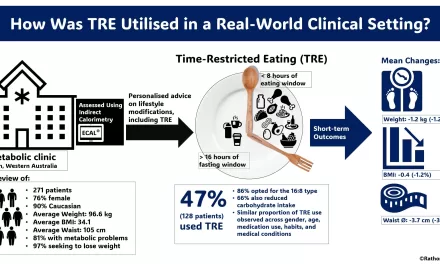Spicy foods: some crave the heat, while others avoid them at all costs. But what exactly happens to your body when you indulge in that fiery sensation? Recent incidents and research highlight both the potential benefits and risks of spicy foods, underscoring their complex impact on our health.
The Appeal and Biological Effects of Spicy Foods
For many, the appeal of spicy food lies in its ability to activate pain pathways in the body, releasing endorphins and dopamine—chemicals that promote feelings of euphoria and relief. Spicy foods are often associated with a heightened sense of pleasure, despite the burning sensation they provoke. The culprit behind this heat is capsaicin, a compound found in hot peppers. The more capsaicin a pepper contains, the hotter it is on the Scoville scale, a measurement of spiciness.
Capsaicin triggers the body’s pain response, mimicking the sensation of heat, which leads to the release of those feel-good chemicals. The rush of endorphins may explain why people keep coming back for more, even after experiencing discomfort. While some enjoy this intense experience, others suffer from a range of immediate side effects, including headaches, digestive discomfort, and vomiting, particularly when consuming extreme spice levels.
The Mixed Evidence on Spicy Foods and Health
Scientific findings on the effects of spicy food remain mixed, with both potential benefits and risks. On one hand, spicy foods are deeply ingrained in cultures worldwide. They often appear in traditional dishes, especially in warmer climates, where hot peppers may have evolved to help preserve food and combat foodborne illness.
However, consuming spicy foods is not without controversy. In September 2023, a 14-year-old boy tragically died after consuming a pepper-laden chip during the viral “One Chip Challenge,” which uses the Paqui One Chip, made from some of the hottest peppers in the world, such as the Carolina Reaper and Naga Viper. While the cause of death is still under investigation, the incident led some retailers to pull the product off shelves.
Health Risks and Benefits
For some, spicy foods exacerbate conditions like inflammatory bowel disease (IBD), leading to symptoms like abdominal pain, diarrhea, and migraines. Research also suggests that for people with gastrointestinal conditions, such foods may worsen symptoms.
On the other hand, there is growing evidence that moderate consumption of spicy foods may offer some health benefits. Epidemiologists have been studying the potential connections between spicy food and long-term health outcomes, such as obesity, cardiovascular disease, cancer, and even longevity. The results are mixed: some studies suggest that eating spicy food may reduce the risk of death from any cause, while others point to an increased risk of heartburn or ulcers in those prone to gastrointestinal issues.
Spicy Foods and Mortality: What the Research Shows
When considering long-term health effects, large population studies provide some interesting insights. While research is still evolving, some studies suggest that consuming spicy foods may not increase the risk of early death and could, in fact, lower it. However, it’s important to note that diet is just one factor in a larger set of lifestyle behaviors that affect health, including physical activity, alcohol use, and smoking habits.
Though evidence on the impact of spicy foods on mortality is still inconclusive, the growing body of research is focused on understanding the broader health implications. Some experts assert that spicy food does not contribute to stomach ulcers, but its potential association with stomach cancer remains unclear.
Why Do We Crave Spicy Foods?
Despite the discomfort they can cause, many people worldwide continue to seek out spicy foods. Cultural, evolutionary, and psychological factors likely play a role in this craving. Humans are unique in that we intentionally eat foods that cause pain, such as super-hot peppers, purely for the thrill.
Yet, scientists still don’t entirely understand why some people find this pain-inducing pleasure enjoyable, while others avoid it. What is clear, however, is that the appeal of spicy foods is likely a mix of biology, culture, and personal taste.
Conclusion
The experience of eating spicy food is complex, with both immediate discomfort and potential long-term health benefits or risks. While spicy foods can trigger a rush of endorphins that some find pleasurable, they can also cause digestive issues or worsen conditions like IBD in others. The scientific community continues to explore how these foods affect our bodies and whether their benefits outweigh the risks.
Ultimately, whether it’s the euphoria of endorphins or the thrill of a spicy challenge, one thing is clear: humans seem to be uniquely wired to seek out—and sometimes savor—the pain of spicy food, all for the sake of pleasure.
Written by Paul D. Terry, Professor of Epidemiology, University of Tennessee.











